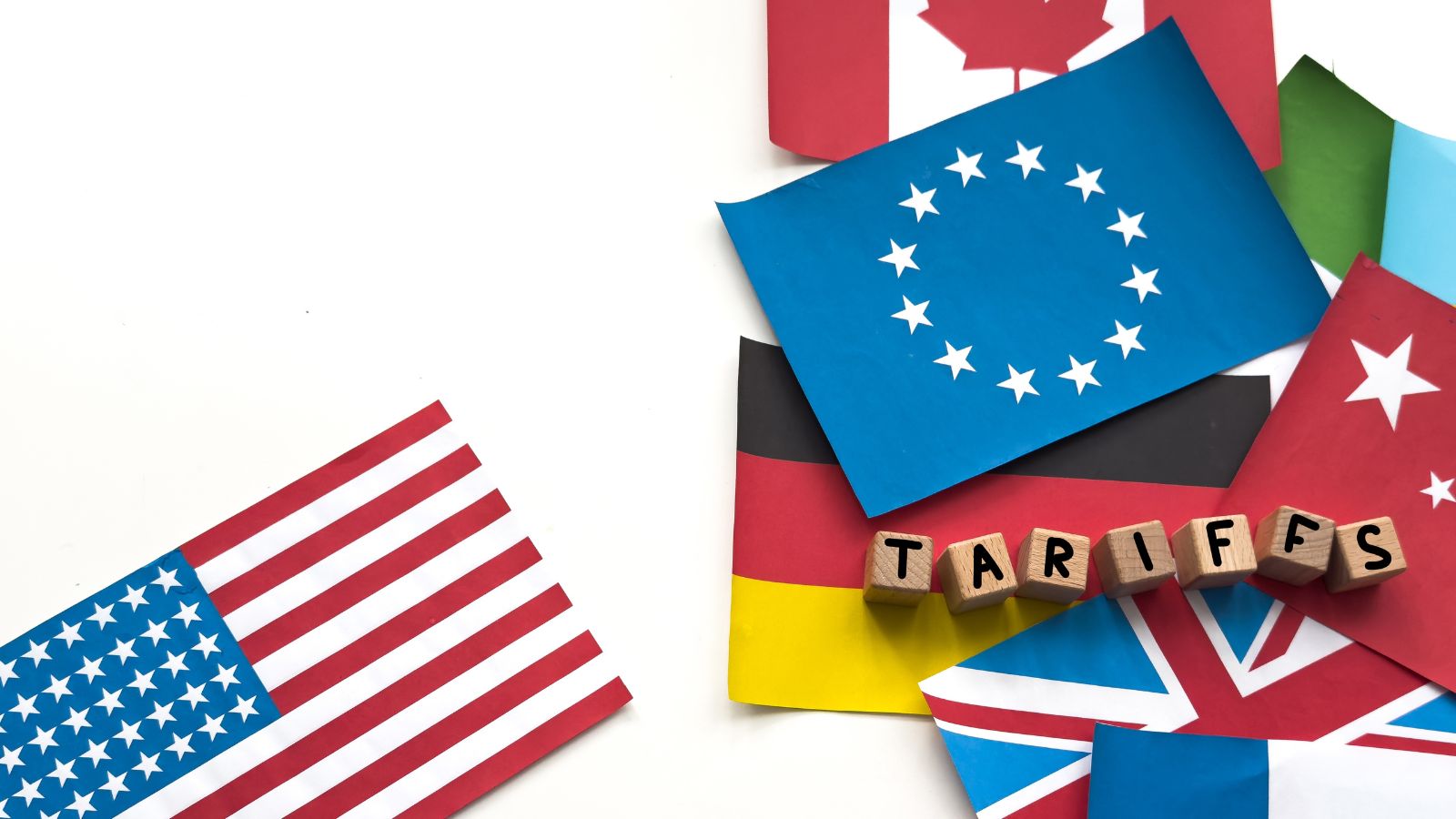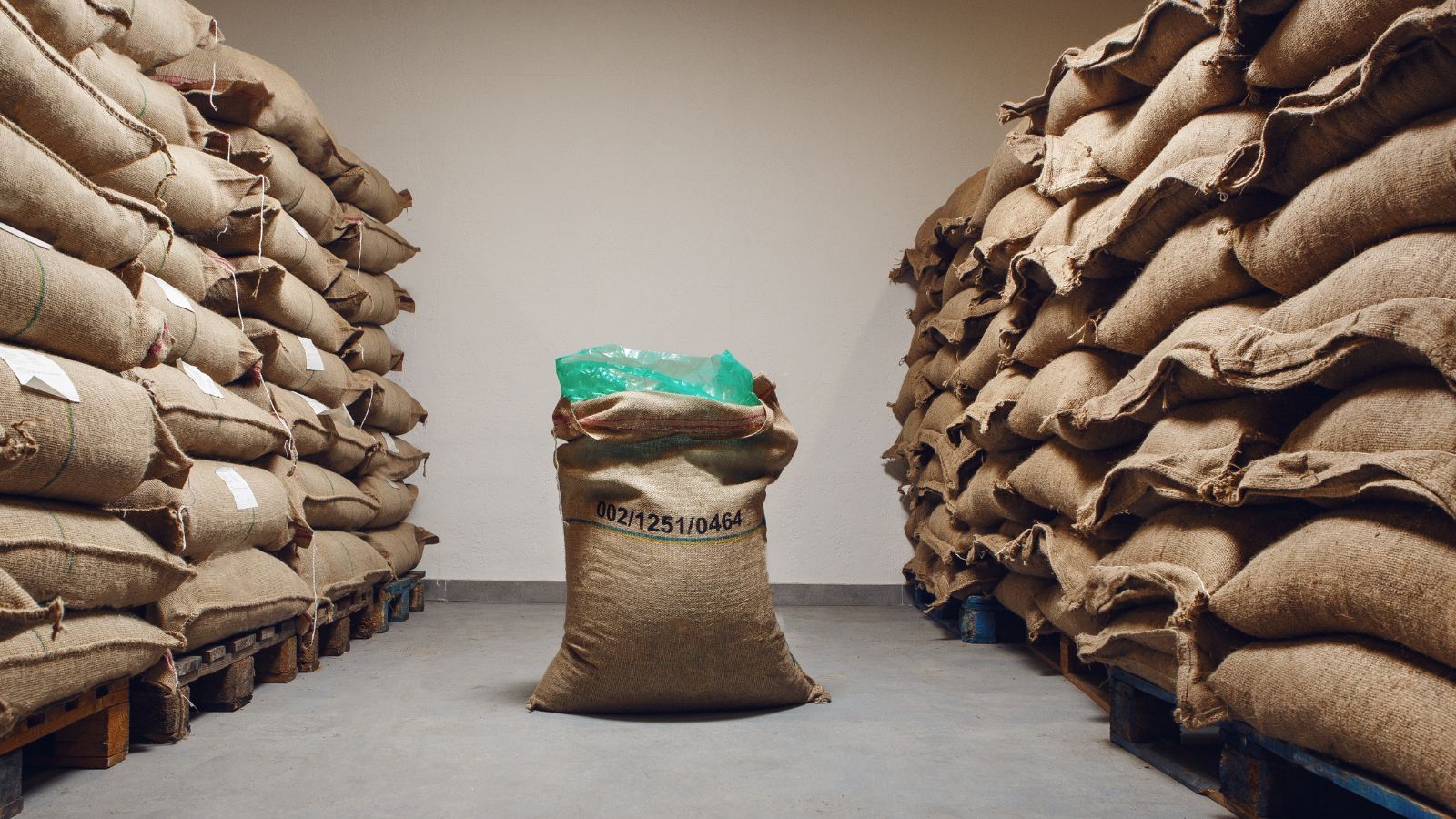A remarkable shift has swept across Canada. Increasingly, Canadians are rallying behind locally produced goods and services, driven by economic necessity and an emerging sense of pride, resilience, and community spirit. From political leaders’ impassioned calls to “Buy Canadian” to everyday shoppers choosing local produce over imported items, this movement is transforming how Canadians spend their dollars and view their country.
Here are 30 reasons why today’s Canadians are more united than ever in their support for local businesses and products.
Economic Nationalism

One of the primary reasons behind this trend is a rising tide of economic nationalism. Canadians are starting to view their purchasing decisions as a means to assert national independence as global supply chains face increased disruptions. The “Buy Canadian” mantra has evolved into more than just a catchy slogan. It is a declaration of self-reliance. Citizens express pride in their country’s capabilities by choosing local products, thereby reinforcing the idea that a strong economy begins at home.
A Reaction to Tariff Threats

Recent trade tensions have further galvanized the movement. U.S. tariff threats, in particular, have struck a chord with Canadians, who view these policies as an attack on national sovereignty. This reaction is not merely about economics; it is a protest against external interference and a stand for Canadian values.
Patriotic Pride

Patriotism is running high in Canada right now. Across the country, political leaders, media outlets, and community influencers are urging Canadians to support local businesses as a means of expressing national pride. This isn’t just a marketing ploy; it’s a genuine outpouring of collective identity. Local shops display “Made in Canada” labels, and community events celebrate Canadian craftsmanship, creating a unifying force that brings people together.
The Local Economic Multiplier

A fundamental economic argument for buying local is the multiplier effect. Research shows that when money is spent at local businesses, a significant portion of it (between 66 and 70 cents of every dollar) remains in the community. This circulation supports local jobs, funds public services, and stimulates further economic activity. Every dollar spent on a local product becomes an investment in the community’s future.
Creating More Local Jobs

Local businesses tend to be more labor-intensive than large chains, resulting in more jobs relative to their size. Canadians help generate employment opportunities within their communities by supporting these businesses. The more people work locally, the stronger the local economy becomes. The incomes remain within the community and contribute to its overall vibrancy.
Reinvesting in the Community

When local businesses prosper, they reinvest in their neighborhoods. Whether it’s through sponsoring community events, supporting local sports teams, or donating to charities, these businesses play an active role in building better communities. Local business earnings tend to circulate back into the local economy, unlike multinational corporations, whose profits often leave the area.
Assurance of Quality and Safety

Many Canadians believe that locally produced goods adhere to higher quality and safety standards. There is a widespread perception that domestic products are made under strict regulations and better oversight, which translates into superior quality. This confidence encourages consumers to pay a little extra for products they trust, knowing that they are investing in items that meet rigorous Canadian standards.
Environmental Advantages

One cannot overlook the environmental benefits of buying local. When products travel shorter distances from producer to consumer, the carbon footprint is significantly reduced. Fewer miles on the road mean less fuel consumption and lower greenhouse gas emissions. Additionally, many local businesses are more transparent about their environmental practices.
Efficiency Through Shorter Supply Chains

Shorter supply chains help the environment and enhance product freshness and reliability. Local produce, for example, is often harvested at peak ripeness and sold quickly, ensuring that consumers enjoy better quality and taste. Moreover, local supply chains are less vulnerable to the disruptions that occur in international trade.
Transparent “Made in Canada” Labels

The demand for transparency has never been higher. Consumers today want to know exactly where their products come from. Initiatives that promote clear “Made in Canada” labeling have increased trust among shoppers. Canadians feel more confident that their dollars are supporting genuine local businesses with easier access to information about a product’s origin.
Supporting Passionate Entrepreneurs

Local businesses are often the brainchildren of passionate entrepreneurs who pour their hearts and souls into their ventures. When Canadians choose to shop local, they are buying a product and investing in a dream. These small business owners are usually deeply committed to their communities. And every purchase helps sustain their efforts to create a better, innovative local marketplace.
Personalized Customer Service

There is a charm to shopping at a local store that cannot be replicated by a big chain. Small businesses pride themselves on offering personalized service, where the staff often know their customers by name. This personal touch creates a more satisfying shopping experience and builds long-term loyalty. It’s not uncommon for shoppers to return to a neighborhood store simply because they feel valued and appreciated.
Unique, Artisan Products

Local businesses often offer products that are unique, handcrafted, or tailored to regional tastes. These goods carry the distinct flavor of their origin, unlike mass-produced items. Whether an artisanal cheese, a handmade piece of jewelry, or a locally brewed beer, these items stand out for their quality and creativity. This uniqueness sets local products apart and fosters a sense of cultural pride and identity.
Strengthening Community Bonds

Shopping locally is as much a social activity as it is an economic one. Every time a consumer supports a local business, they contribute to a network of relationships that strengthen community bonds. Local shops become community hubs where people meet, share ideas, and build lasting relationships. This social fabric is essential for a healthy, vibrant community. And it can only grow stronger when residents choose to invest in one another.
Preserving Cultural Heritage

Local businesses are the custodians of a region’s cultural heritage. They showcase local traditions, culinary practices, and artisanal crafts that have been passed down through generations. Canadians help preserve the cultural richness of their communities by choosing to support these enterprises.
Innovation and Flexibility

Small businesses are more nimble and innovative than larger corporations. Their ability to quickly adapt to market changes or experiment with new ideas is a key factor in their success. Canadian entrepreneurs are constantly coming up with creative solutions and products that cater to local tastes. This spirit of innovation benefits consumers and sets the stage for long-term economic growth.
Willingness to Invest a Little More

Surveys have shown that many Canadians are ready to pay a premium for locally made products. This willingness to invest extra is a powerful testament to the value they place on quality and national pride. Many consumers view the additional cost as a worthwhile investment in their community’s future, knowing that their money will help build a stronger local economy.
Learning from the Pandemic

The COVID-19 pandemic taught us many hard lessons about the fragility of global supply chains and the importance of community resilience. In the wake of widespread disruptions, Canadians witnessed firsthand the benefits of relying on local sources for essential goods. This experience has left a lasting impression. Encouraging more consumers to prioritize local businesses as a safeguard against future crises.
Reducing Import Dependency

Canadians are gradually reducing their dependency on imported goods by choosing local products. This reduction in reliance helps insulate the economy from global market volatility. Also, it encourages the development of domestic industries that are better suited to meet local needs. In the long run, this shift contributes to a more self-sufficient and robust economic structure.
Supporting Local Charitable Efforts

One of the beautiful side effects of buying local is the support it provides for community-based charitable initiatives. Many small businesses reinvest a portion of their profits into local causes. Consumers indirectly help fund initiatives that make their neighborhoods better places to live.
Contributing to Better Community Infrastructure

Local businesses play a vital role in maintaining and improving community infrastructure. Taxes generated from these enterprises help fund public services like road maintenance, schools, and parks. In essence, every purchase at a local store contributes to the overall quality of life in the community. Making it a more attractive place to live and work.
Digital Tools to Shop Local

Modern technology has made it easier than ever to support local businesses. Digital directories, mobile apps, and online platforms now spotlight Canadian-made products. Enabling consumers to find local options quickly and easily. This seamless integration of technology into the local shopping experience has bridged the gap between traditional commerce and modern convenience.
Stability in an Uncertain World

In a time marked by global uncertainty, from geopolitical tensions to economic volatility, local purchasing offers a measure of stability. When consumers invest in local businesses, they contribute to a more predictable and secure economic environment. This stability is practical and provides a sense of comfort and control during tumultuous times.
Better Labor Practices

Increasingly, Canadians are concerned about the working conditions behind the products they purchase. Local businesses champion fair labor practices and provide better wages and benefits compared to some multinational chains. Consumers support a more ethical and humane model of production by choosing local.
Promoting Regional Balance

Canada’s vast geography means that economic development is not uniform across all regions. Supporting local businesses helps ensure that economic benefits are distributed more evenly throughout the country. This regional balance can contribute to stronger, more vibrant communities in major urban centers and smaller rural areas.
Celebrating Local Craftsmanship

There is a unique charm to products that are handcrafted by local artisans. Whether a hand-thrown ceramic vase or a locally brewed ale, these products carry with them the spirit and creativity of the region. Choosing them over mass-produced alternatives for their individuality and quality, Canadians are proud of the skill and heritage embodied in these items.
Lower Transportation and Packaging Impacts

When products are produced and sold locally, the environmental cost of transportation and packaging is drastically reduced. This lowers the carbon footprint and minimizes waste associated with long-distance shipping. Consumers who care about the environment are finding that buying local aligns with their values.
Consumer Activism

For many, choosing to buy local is a form of economic protest. A way to send a message to those who promote policies that undermine domestic industries. Every purchase becomes a statement against unfair trade practices and a way to reclaim economic power. In a climate of rising tensions and tariff disruptions, this act of consumer activism is symbolic and impactful, giving everyday people a voice in national affairs.
Building a Unified National Identity

Perhaps the most profound reason behind the surge in local support is the desire to forge a unified national identity. In the face of external challenges and internal changes, Canadians are finding common ground in the shared belief that a strong community starts at home. Whether through supporting local artisans, patronizing neighborhood stores, or simply choosing products with a “Made in Canada” label, every act of local purchasing contributes to a collective sense of belonging. This unity transcends political differences, regional disparities, and cultural divides. It is the bedrock upon which a resilient and prosperous future can be built.
Conclusion

Today’s Canadian consumer is not simply making a purchase; they are participating in a movement. Whether spurred by tariff threats, driven by environmental concerns, or inspired by a deep-seated national pride, every dollar spent at a local business strengthens the fabric of the community. Canadians are fostering job creation by choosing to buy local, ensuring that profits are reinvested in their neighborhoods and helping to build a more sustainable, equitable economy.
25 Countries Predicted to Become Economic Superpowers in the Next 20 Years

The strength of an economy plays a crucial role in various international policies about trade and relations. Certain factors determine the strength of an economy, including population growth, availability of resources, and development and advancement. Here are 25 countries predicted to become economic superpowers in the next 20 years
25 Countries Predicted to Become Economic Superpowers in the Next 20 Years
